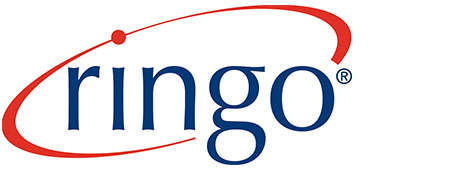Bridging the Talent Gap: Financial Implications of Supply Chain Inefficiencies in Healthcare

Financial leaders are grappling with unprecedented challenges. Rising labor costs, supply chain disruptions, and the persistent struggle to attract and retain talent are converging to create a perfect storm. For hospitals and healthcare facilities, understanding the intricate link between supply chain management and workforce stability is paramount.
The Hidden Costs of Talent Shortages
A steady influx of qualified talent is the lifeblood of any healthcare organization. Yet, many institutions face chronic staffing shortages, leading to:
- Increased Overtime Expenses: Existing staff are often required to work additional hours, leading to burnout and higher payroll costs.
- Resource Allocation: Without real-time data, allocating resources effectively becomes challenging, leading to overstaffing in some areas and shortages in others.
- Budget Overruns: Lack of visibility into supply chain expenses can result in unforeseen costs, limiting funds available for talent acquisition and retention initiatives.
Supply Chain's Role in Talent Management
While traditionally viewed through the lens of procurement and logistics, the supply chain's influence extends to workforce management:
- Onboarding Delays: Inefficient supply chains can delay the procurement of necessary equipment and credentials for new hires, postponing their start dates.
- Resource Allocation: Without real-time data, allocating resources effectively becomes challenging, leading to overstaffing in some areas and shortages in others.
- Budget Overruns: Lack of visibility into supply chain expenses can result in unforeseen costs, limiting funds available for talent acquisition and retention initiatives.
The Imperative for Integrated Solutions
To address these intertwined challenges, healthcare organizations must adopt integrated systems that provide visibility across both supply chain and human resources.
Shani Underwood, COO of Ringo, stated, "By bringing together HR, payroll, finance, and supply chain data, Ringo helps healthcare organizations make smarter choices, adapt quickly, and focus their energy on what truly matters: providing excellent healthcare."
Such integration enables:
- Proactive Workforce Planning: Anticipate staffing needs based on supply chain forecasts and patient volume trends.
- Cost Optimization: Identify areas where supply chain efficiencies can free up budget for talent investments.
- Enhanced Decision-Making: Access to consolidated data supports informed decisions regarding hiring, resource allocation, and financial planning.
Conclusion
The intersection of supply chain management and talent acquisition is a critical focal point for healthcare financial leaders. Organizations can mitigate financial risks, enhance operational efficiency, and ultimately deliver superior patient care by recognizing and addressing the symbiotic relationship between these domains.
For a more in-depth exploration of integrated solutions in healthcare, consider reviewing Ringo's comprehensive resources on the subject.




